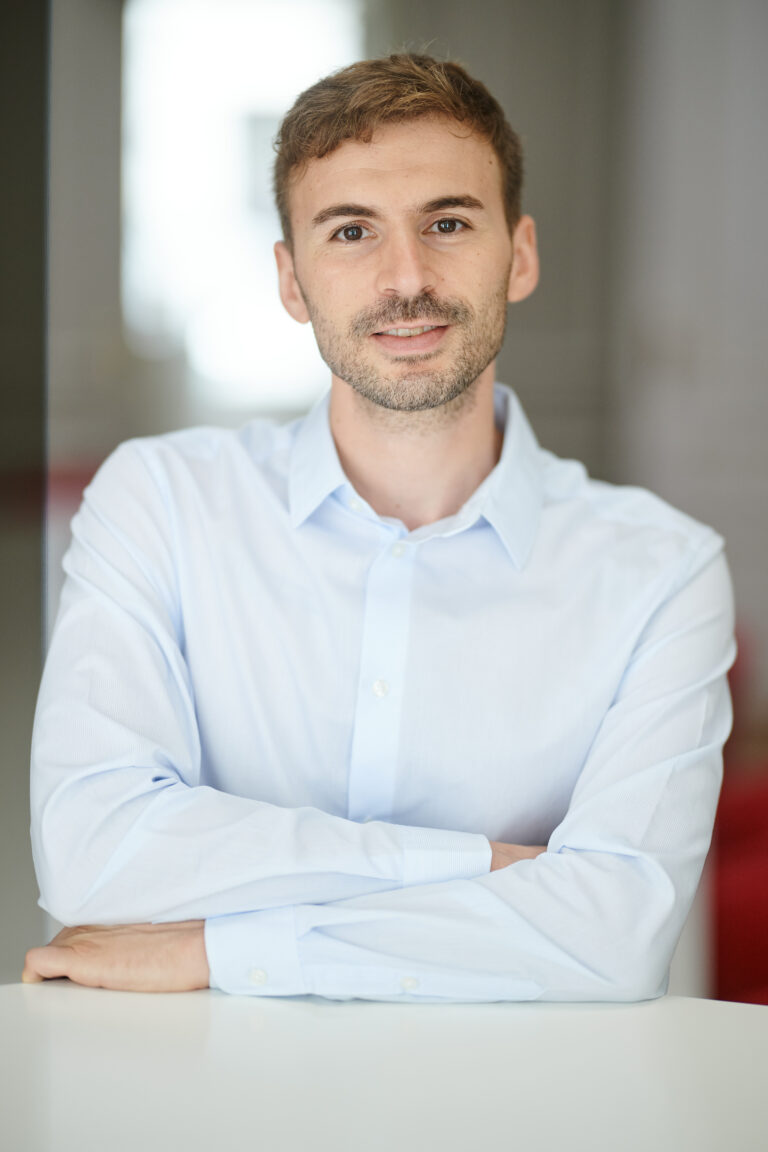Not so long ago, COPs were not exactly on everyone’s radar. But in the past decade, they have become among the world’s biggest gatherings, bringing together almost 200 countries. Two weeks of intense discussions, conferences, panels and working groups, with delegates from dozens of companies, organisations and the media. So, why has this summit become the top event on climate? Well, because it is not just about climate.
Every state needs to play their cards wisely, knowing when to “hold ’em and when to fold ’em”, as Kenny Rogers would put it. It’s also about knowing who to partner with to get the most out of the summit. This leads to the creation of different blocs, known as the “Party Groupings”.
Azerbaijan as last-minute host fuels controversy
The race to wield influence starts before the summit even begins, with the selection of the host. Not many rules about this other than it rotates between regions each year (though not necessarily between continents). This year, it was Eastern Europe’s turn. Several nations put forward their proposals, but all were blocked by Russia. Azerbaijan was the only one to get unanimous approval.
Despite its recent conflict with Armenia over the Nagorno-Karabakh region (which raised concerns among Western countries), a joint declaration from both sides helped clear the way. The host does not have extra decision-making power, but it can guide the discussions and shape the agenda to align with its own interests. The president of Azerbaijan and COP29, Ilham Aliyev, made this clear with his opening salvo: “Oil is a gift from God.“
Following COP summits hosted by Egypt in 2022 and the UAE in 2023, this year’s decision to hold the conference in yet another authoritarian state with a poor human rights record (and for the second time in a major petrostate) has provoked zero enthusiasm.
The EU seeks leadership in a global fight
Turning back to the negotiating blocs, the European Union attends as a group. However, European Commission president Ursula von der Leyen is absent this year, despite having attended the last five. This has raised some concerns from MEPs who feel her absence weakens Europe’s role in the fight against climate change.
For the first time in 20 years, Spanish Minister for Ecological Transition Teresa Ribera will miss the summit too. Known for her negotiation skills, Ribera was pivotal in last year’s historic deal to move away from fossil fuels.
This year, the European delegation is led by Climate Commissioner Wopke Hoekstra and Energy Commissioner Kadri Simson. Both are keeping their current job until the new commissioners are confirmed, although Hoekstra will still be leading the EU’s climate diplomacy.
The EU remains the largest climate change funder and is keen to expand its donor base. Hoekstra made this clear when he said, “With affluence, with wealth, also comes responsibility. We need to move to a situation where those with the ability to pay actually do pay.”
China in the midst of growing tensions
Hoekstra wasn’t subtle about what he said, pointing straight at Beijing. China is the world’s largest emitter of greenhouse gases and the second-largest economy after the US. Yet, it still claims developing country status under UNFCCC treaty and refuses to take on financial obligations for poorer nations.
China is a key player at these summits, as part of two major blocs: the Group of 77, which represents 80% of the world’s population, and the BASIC group, which includes Brazil, South Africa, and India.
COP29 comes at a time of growing tensions with China, driven by its efforts to expand manufacturing for green technologies, including solar panels and electric vehicles. These moves are seen as a bid to push out US and European competitors, and the resulting dispute threatens to strain relations between key players in climate negotiations.
Shifting dynamics in the Umbrella Group
Lastly, the Umbrella Group, which has its origins in the Kyoto Summit (1997), was founded by major global powers such as Australia, Japan, New Zealand and the US.
Neither Joe Biden nor his successor, Donald Trump, are attending. During Trump’s previous presidency, the newly elected president pulled the US out of the Paris Agreement, and there is speculation he will do the same again. After all, he has appointed Lee Zeldin as Head of the Environmental Protection Agency, a man who voted against expanding environmental policies and has committed to “rolling back regulations” from day one.
The latest addition to the Umbrella Group is the UK, which, after leaving the EU, joined the bloc last year at the Dubai summit. At last year’s COP in Dubai, prime minister Keir Starmer got his first real taste of this summit and it clearly made an impact. In his first speech at the UN General Assembly, he made it clear: the climate crisis is a top priority.
One trillion dollars to start
Alongside these major players, there are smaller negotiating blocs with less decision-making power, such as the Least Developed Countries, the Climate Vulnerable Forum and the Small Island Developing States. Despite their limited influence, these groups attend every year to highlight their struggles.
They urgently need climate finance, and this COP’s key goal is to secure a trillion dollars from the richer countries. It may sound like a crazy amount, but it’s barely 1% of global GDP to tackle one common enemy: climate change.
